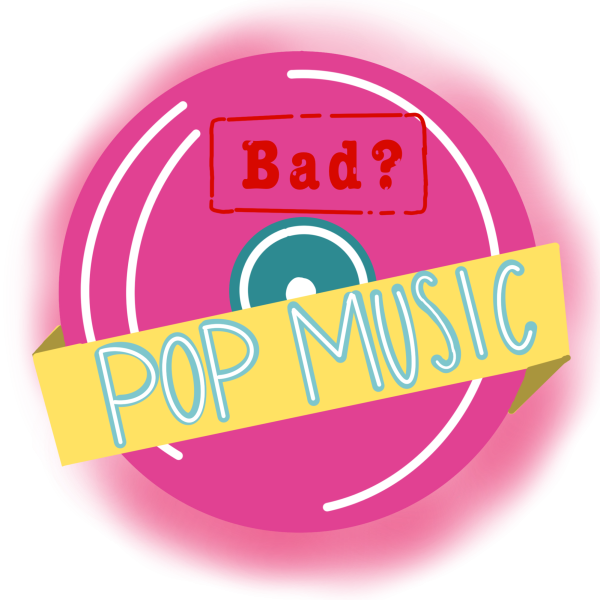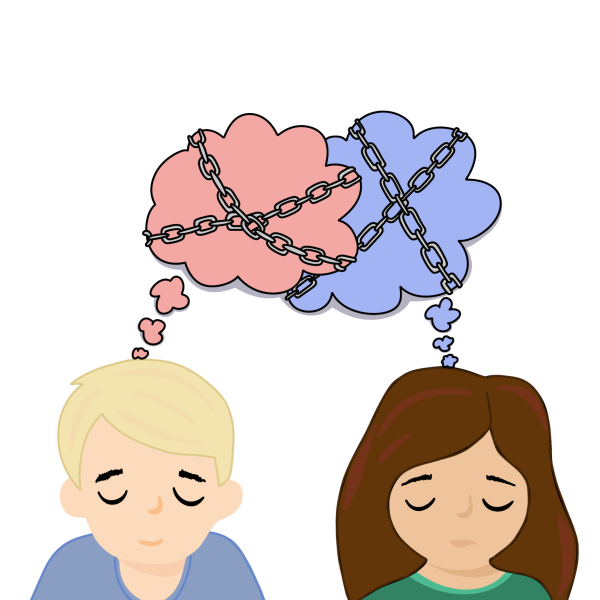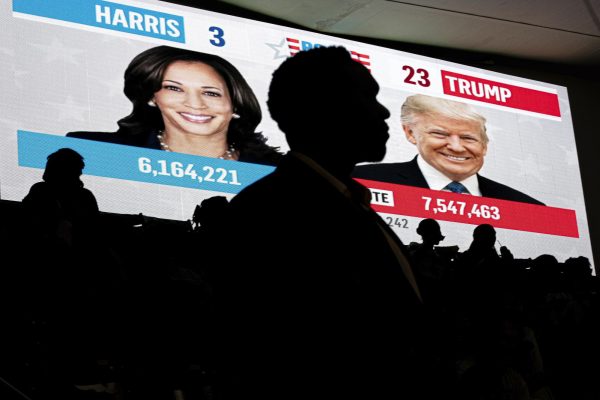Liberally Disoriented
Day eighty-seven. Three hundred and thirty-six e-mails sent. Yes, three hundred and thirty-six e-mails sent to potential employers. Where did I go wrong? From being an editor for The Colgate Maroon-News to earning Dean’s List almost every semester to working three internships during my college summers, I thought I had full-time employment in the bag. Entering senior year, I was hopeful that my job search would be over by December, having received an offer from a previous employer or somehow having magically been recruited by a bubbly HR recruiter begging me to come to New York for an interview.
Instead of relishing in excitement for a new job and new chapter of my life, I was sitting on my couch wondering, how could my liberal arts education have done me wrong? About a week later, I found myself accepting defeat, realizing that I would not immediately be making my way to a cubicle in some high-rise in Manhattan right after Commencement. I filled my days with lifting at Trudy Fitness Center, working out with teammates from the club water polo team at Lineberry Natatorium and watching hours upon hours of SportsCenter. But in my concession to the inevitable reality that I didn’t have a job, I began to think – what has my liberal arts education given me?
As a history concentrator, I never had a particular line of work cut out for me. Instead of learning quantum mechanics like my friend was doing at RPI, or internalizing pages of corporate finance textbooks like my friend at Villanova, I was delving into Caribbean cultural history, 19th century British journals and pre-colonial accounts of Algeria, Cuba and Benin. “But why major in history, it’s so boring and it’s useless, do you want to be a history teacher or something?” This question, which was often posed by relatives and friends, baffled and confused me during my underclassmen years, constantly reminding me how “useless” my major was.
As my Colgate career comes to an end, I have a few rebuttals to those claims. Studying history taught me how to write. It taught me how to read closely. Writing historical papers afforded me the unique opportunity to rewrite a course of events and provide a new perspective on the world to my readers. In charting out my prompts and research in my history courses, I consistently identified an issue that was unanalyzed or one that I found had not been nuanced in recent scholarship. Most importantly, my studies in history taught me how to think critically, argue cogently and provide solutions for issues that affected not just those in the past, but those living in the present and future as well.
In undermining the importance of history and the study of the liberal arts, we are forgetting that it is versatile skills and the ability to think independently that drive meaningful innovation in our world. If Abbe Sieyes had not had the boldness to think independently and chart out historical inequalities in France, might the National Assembly and the Third Estate have usurped the government of Louis XVI? If the Jacksonville Jaguars had not traced why quarterback Blake Bortles had been sacked so many times, would the franchise have been able to identify a strong offensive and defensive line as the remedy to a piss-poor 2016 season? I have found history informs our understanding of the present and future more than does econometrics or aerospace engineering.
Without the study of history, how can we progress as a society?
So, while I will no longer be showing up at 2:45 p.m. twice a week to courses like History of Culture in the Caribbean or staying up until 2 a.m. analyzing the nuances of Buddhist ethics, I have realized that I will leave Colgate with lessons and skills that are much more crucial than I had realized. The ability to construct arguments and a passion to analyze the analyzed – in addition to a spider lamp, a rug and a few posters – will leave with me come mid-May. My advice to all those students worried that their Colgate degree will not amount to anything after they leave Hamilton is not to fret. As a student of the liberal arts, you will gain a lifelong love of learning, which in the long run, may outweigh a few months of unemployment.





